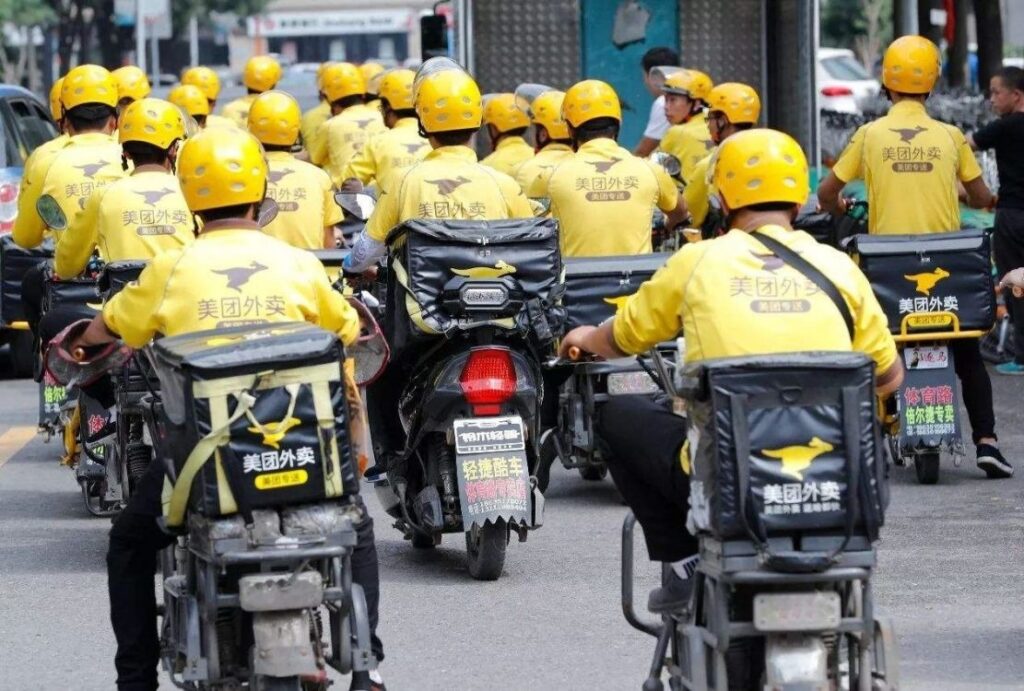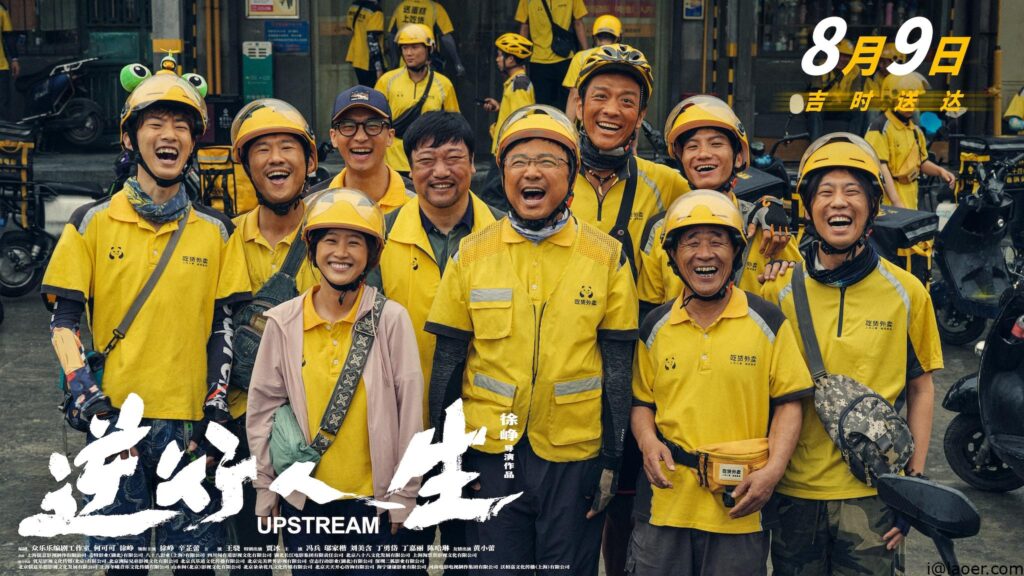Food delivery, or "外卖" (wàimài) has become an integral part of urban life in China. Every day, delivery drivers, known as "骑手" (qíshǒu), work tirelessly to bring meals, drinks, and more to doorsteps across the country. Along with efficiency and convenience, they often deliver something more, stories of courage, kindness, and dedication.
Chinese delivery workers are known for their resilience. Take, for instance, the story of a delivery driver who saw a motorcycle crash and burst into flames. Without hesitation, he rushed over and pulled the driver to safety—saving a life. In other cases, drivers have jumped in to help overwhelmed restaurant staff by cooking, making dumplings, or even soothing crying babies while waiting for orders.
There are several reasons why food delivery has become a staple:
Two major platforms dominate the Chinese market: Meituan and Ele.me. Since around 2014, these apps have grown explosively and are now essential to city life in China.

Despite the convenience it offers to customers, life for delivery riders is tough. Many work 10+ hours daily, battling the clock and elements. A common idiom used to describe their pace is “争分夺秒” (zhēng fēn duó miǎo), racing against every minute and second. Still, for many, it's a reliable source of income. In top cities like Beijing or Shanghai, monthly earnings can reach ¥8,000 to ¥10,000 RMB.
Environmental Impact: The use of single-use plastics like containers and utensils contributes significantly to waste.
Stress and Safety: Long hours, weather extremes, and the pressure to deliver quickly can lead to accidents and mental fatigue.
The movie “逆行人生” (Upstream) spotlights the challenges faced by delivery workers. It follows a former programmer who turns to food delivery after failing to find work—shedding light on changing job markets and rising youth unemployment. Many young graduates, unable to find jobs, turn to delivery as a temporary solution to support themselves.

As rural areas and small towns join the delivery map, the future of food delivery continues to evolve. Will automation and drones replace human drivers? Or will we continue to see millions of hardworking individuals navigating our cities and towns, bridging convenience and community?
What’s your take? Is it a waste of education if a college graduate becomes a delivery driver? Would you consider doing it if you were out of work? Share your thoughts in the comments!
| Chinese | Pinyin | English |
|---|---|---|
| 外卖 | wàimài | food delivery |
| 外卖员 | wàimàiyuán | delivery worker |
| 骑手 | qíshǒu | delivery rider |
| 平台 | píngtái | platform |
| 城市生活 | chéngshì shēnghuó | urban life |
| 高峰时间 | gāofēng shíjiān | peak hours |
| 稳定 | wěndìng | stable |
| 收入 | shōurù | income |
| 争分夺秒 | zhēng fēn duó miǎo | to race against time (idiom) |
| 环境问题 | huánjìng wèntí | environmental issue |
| 一次性塑料 | yīcìxìng sùliào | single-use plastic |
| 餐具 | cānjù | tableware, utensils |
| 压力 | yālì | pressure, stress |
| 危险 | wēixiǎn | dangerous |
| 逆行人生 | nìxíng rénshēng | Against the Flow of Life (movie) |
| 失业 | shīyè | to be unemployed |
| 农村 | nóngcūn | countryside |

Feeling lost with no guidance? Wasting hours on random apps and videos without knowing what to focus on?
Without a clear plan, it’s easy to lose motivation and stall your progress. So... unlock a 16-page PDF guide packed with:
👉 Put your name and email below and we'll send it to you right away!